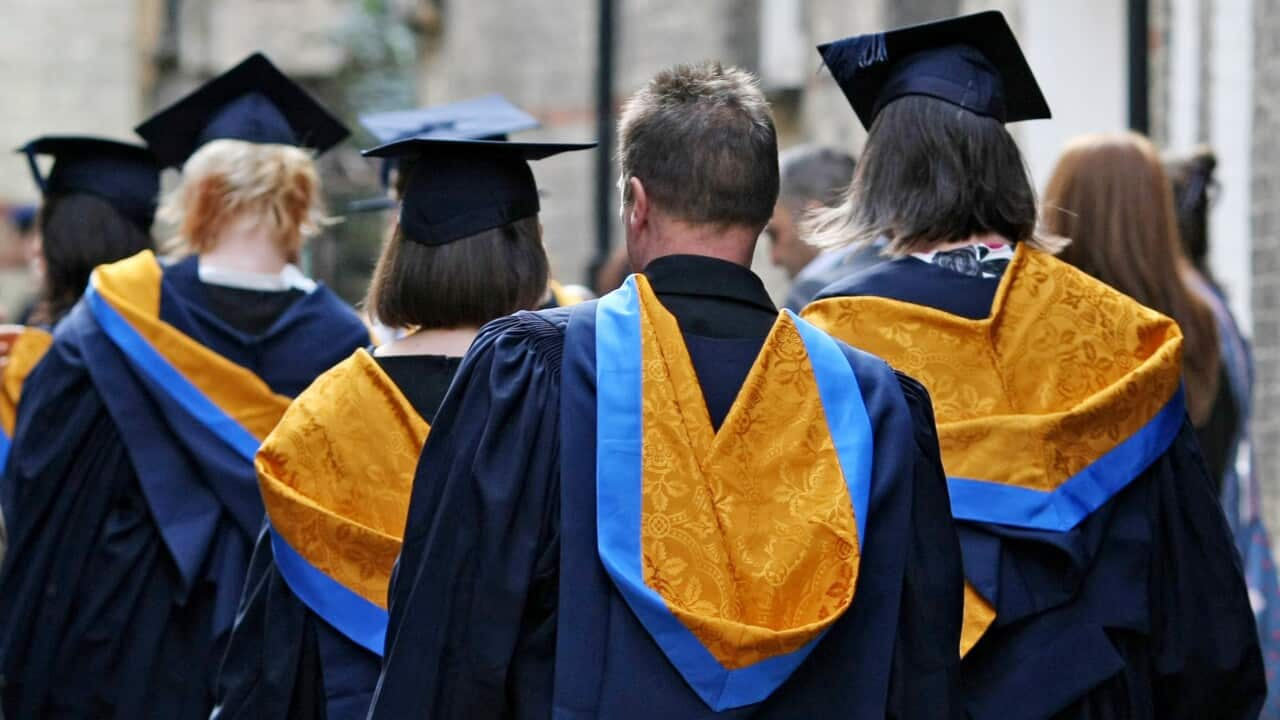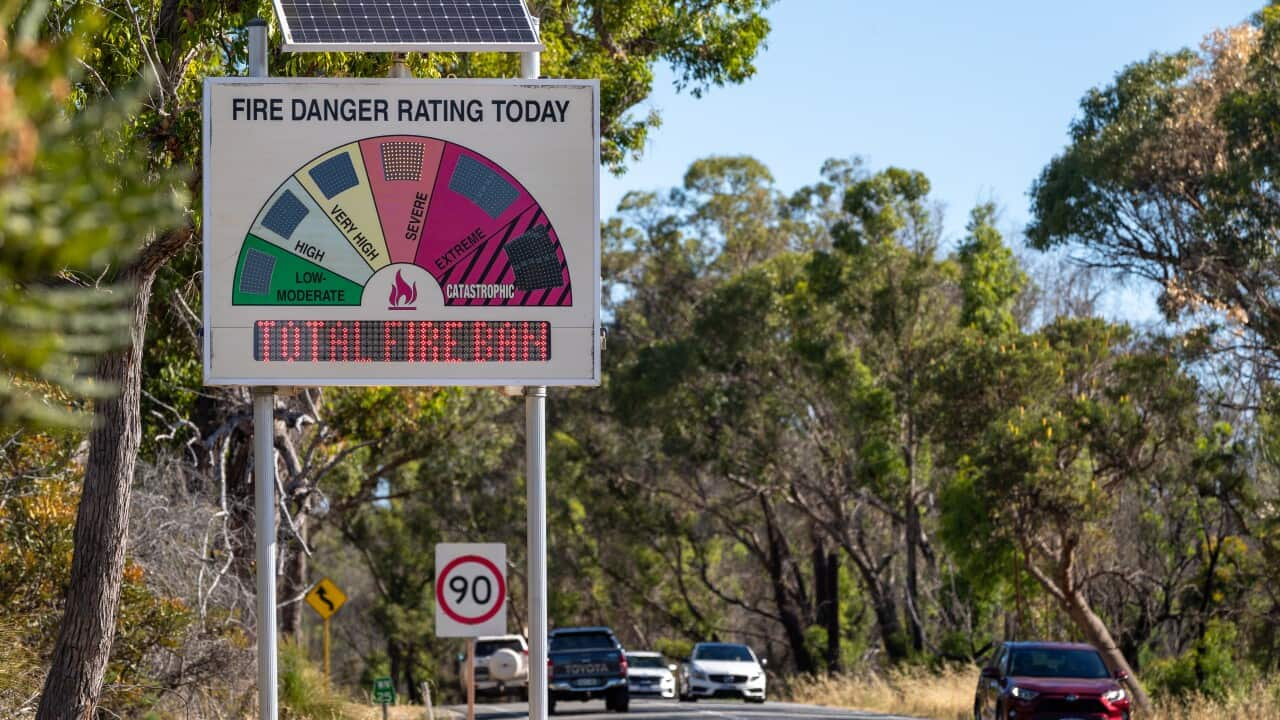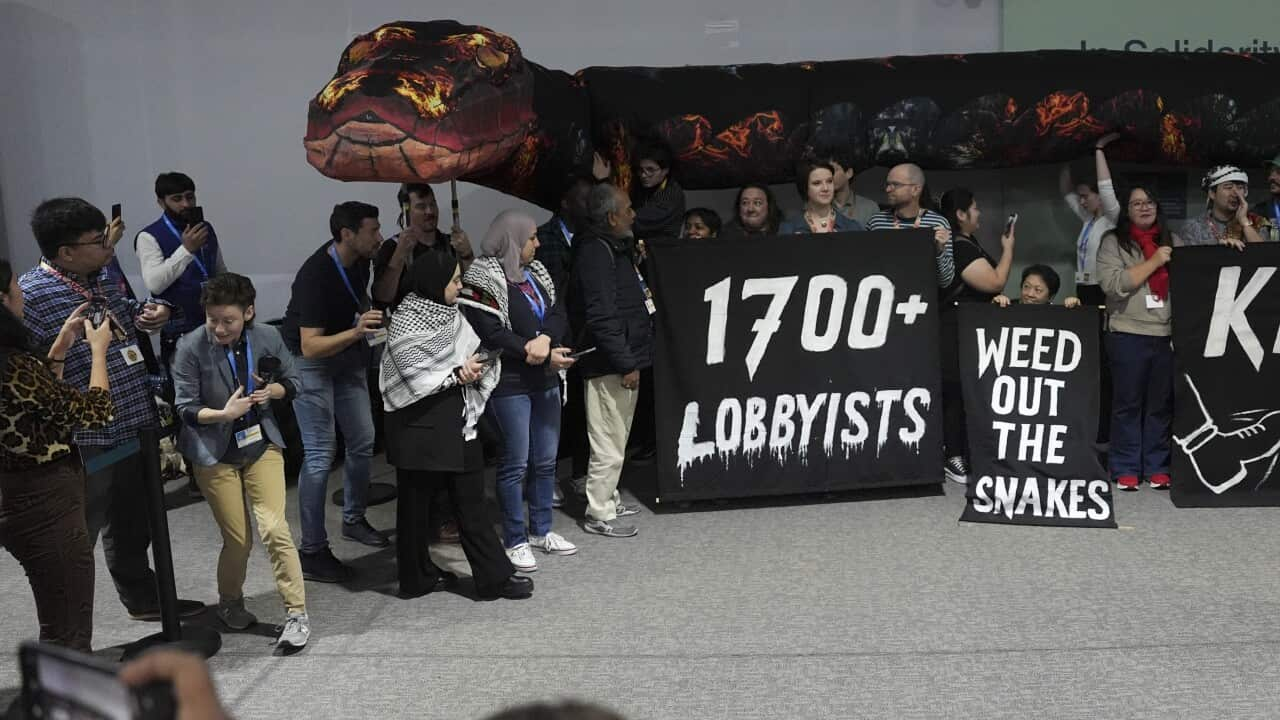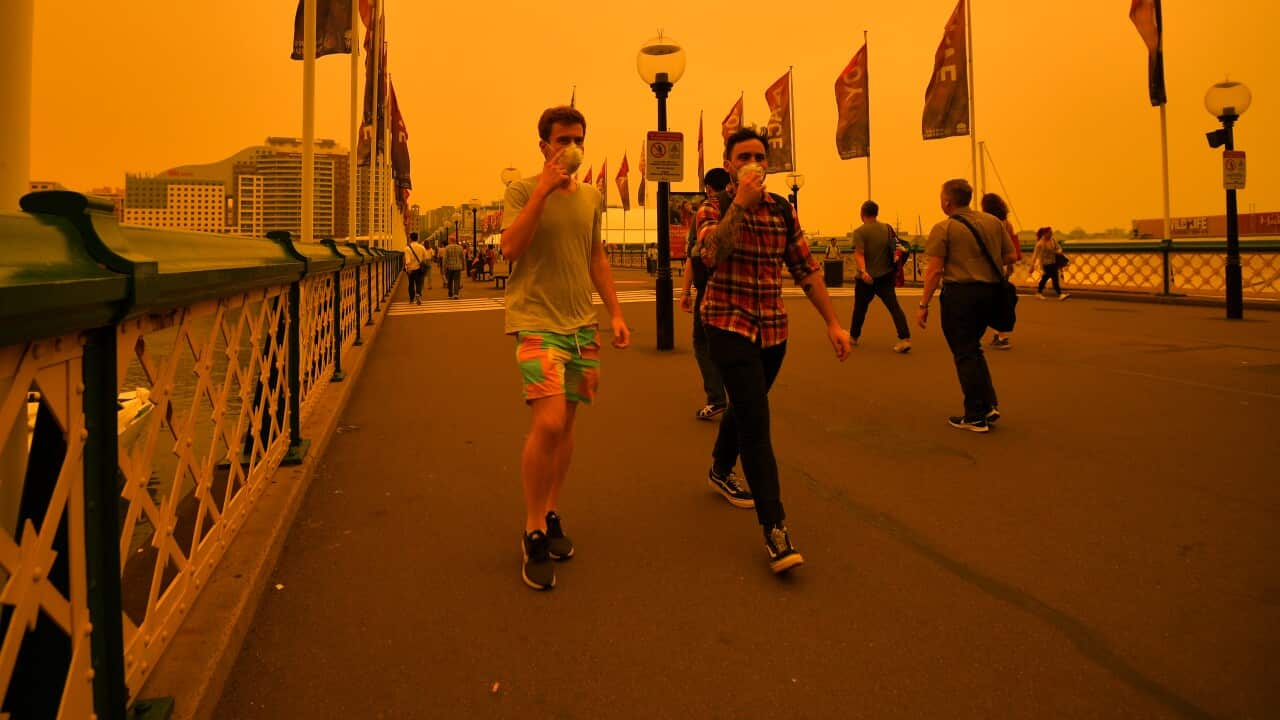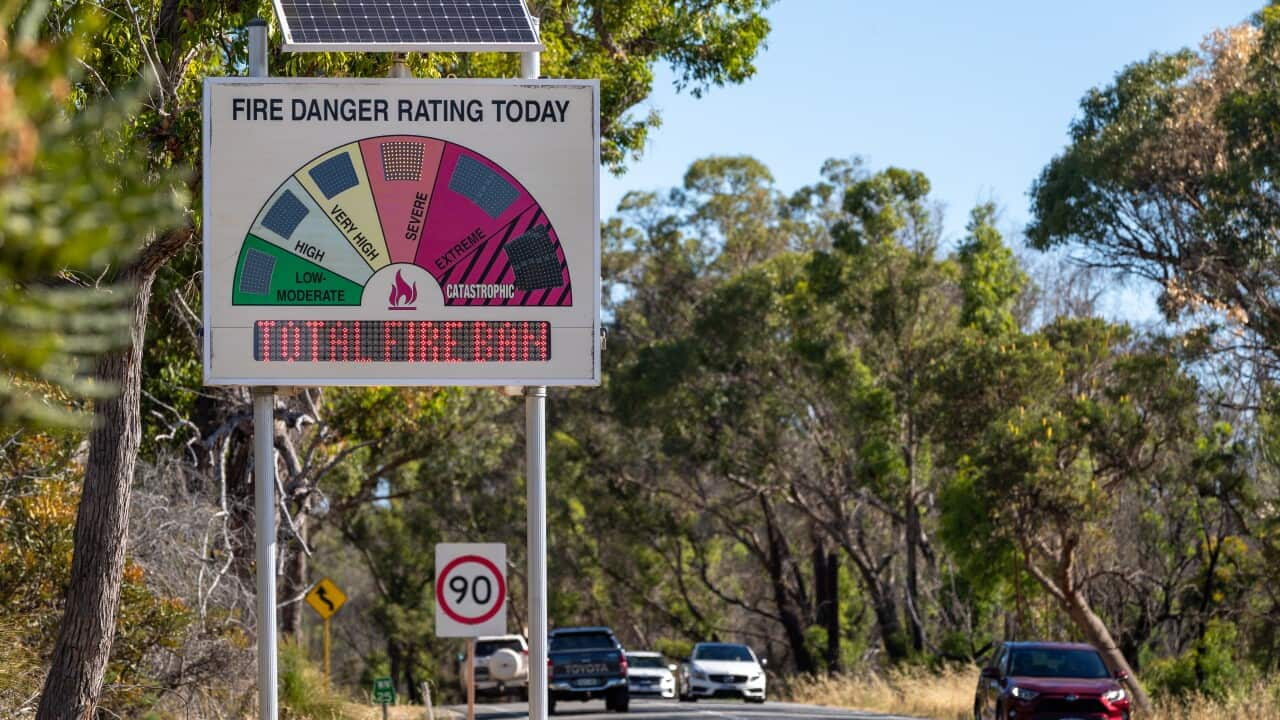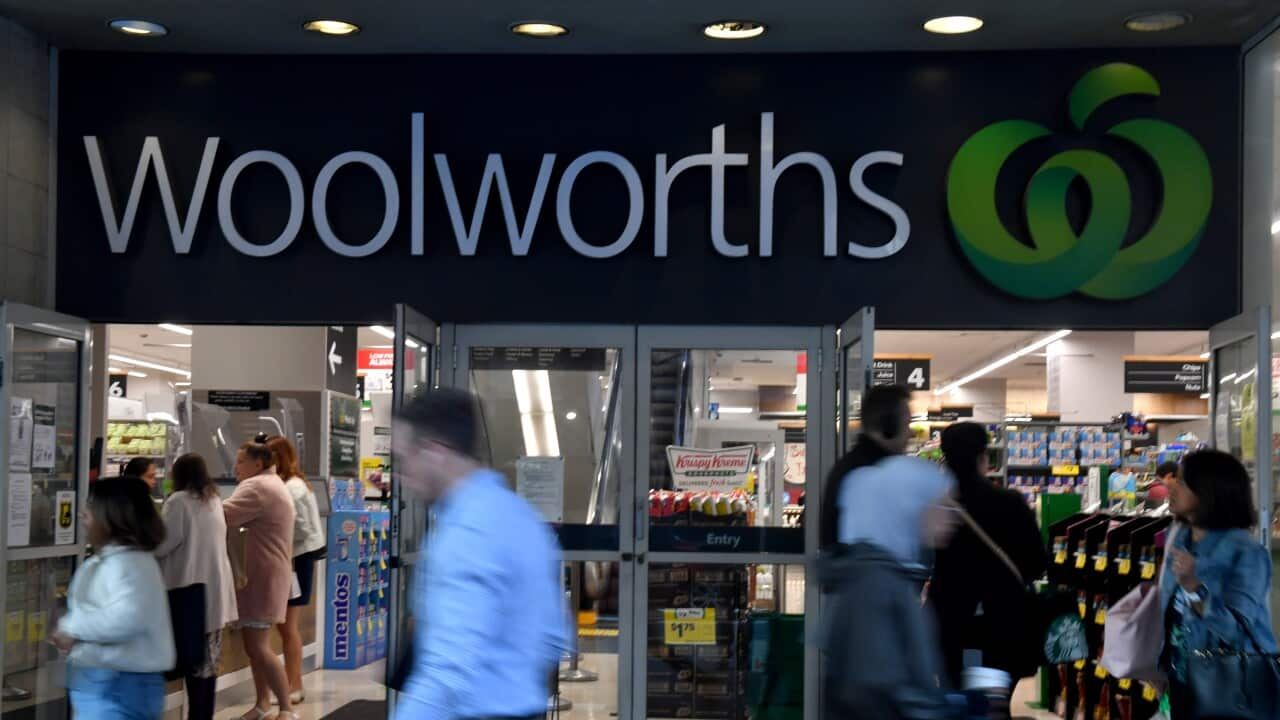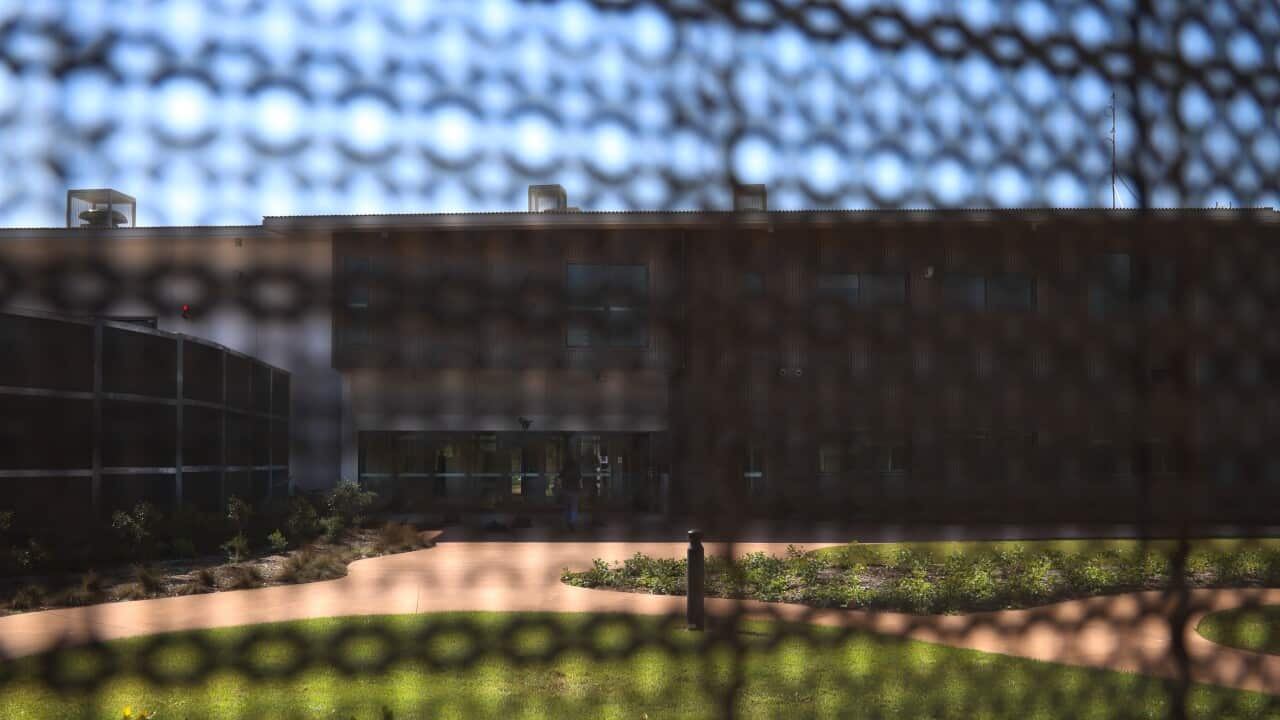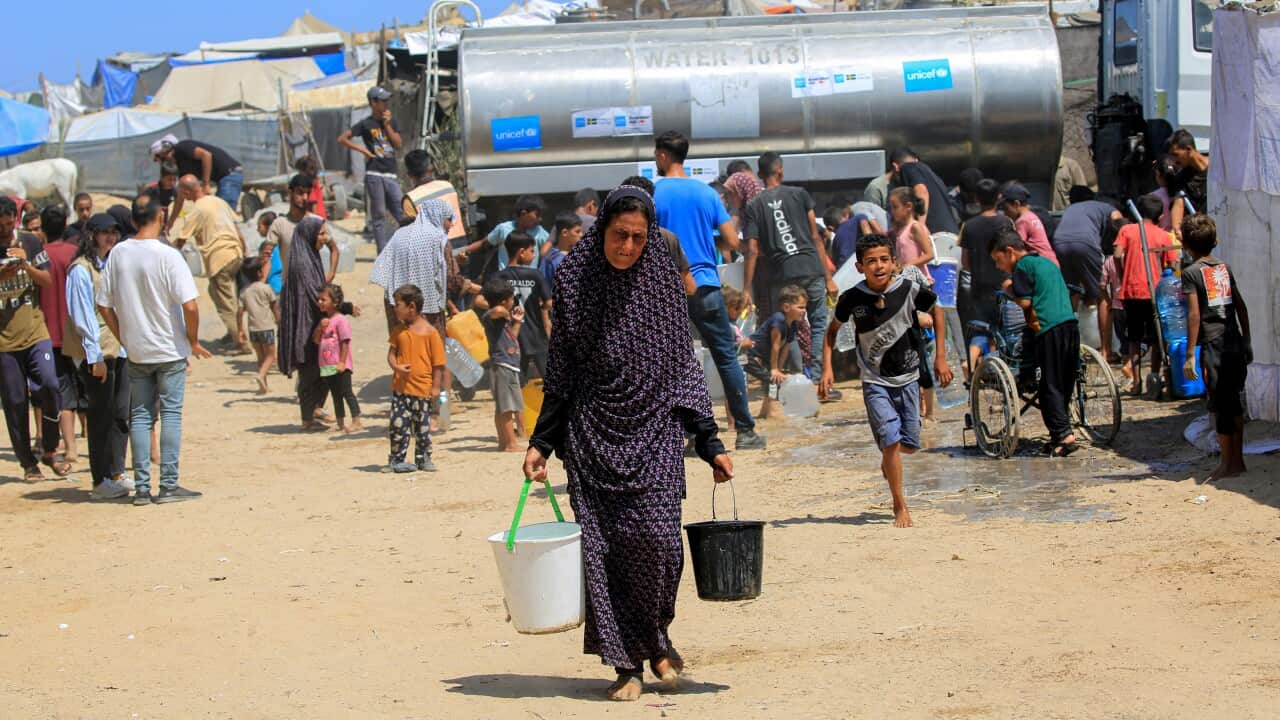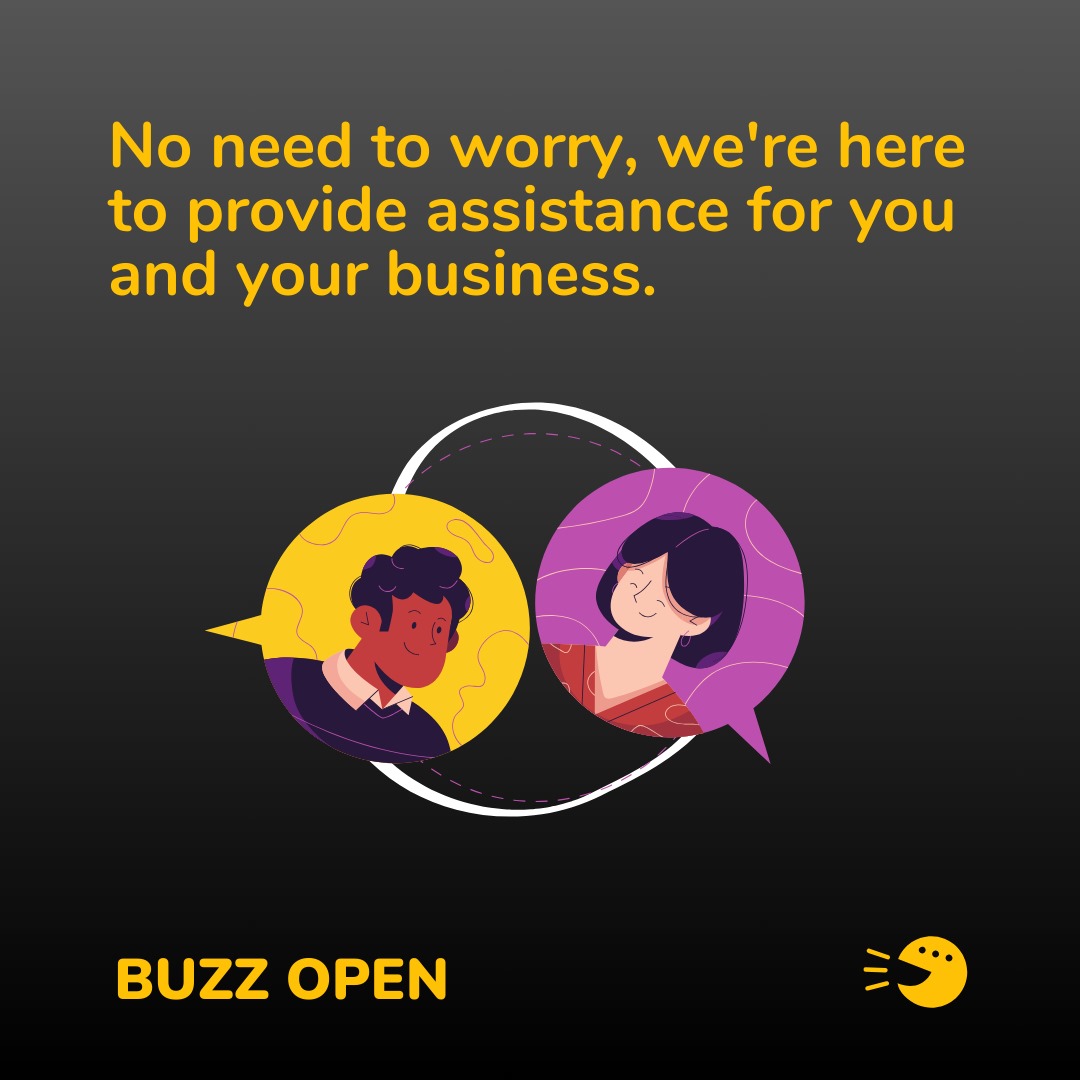This article contains references to sexual assault.
Linh left her home country Vietnam for Australia when she was 19, in search of a “place where [she could] flourish”.
But Sydney’s hospitality industry is instead a place where she and other migrant workers have reported routine sexual harassment.
“When I came to work with casual loose clothes, my boss told me that I could only return to work if I came back wearing tighter clothes,” she said.
“I was sent home a few times without getting paid for the unfinished shift.”
At the same time, Linh was experiencing wage theft, and inappropriate touching or racist comments from male coworkers and customers.
She could only assume it was “part of the job”.
The Unions NSW survey found that 75 per cent of women didn’t report their experiences at the time. Source: SBS News
“Raising it to my boss seemed to be helpless because it was [considered] very inexperienced of me to be upset at a customer,” Linh said.
Linh instead raised a separate concern with a “well-respected” senior owner. She approached him to negotiate more working hours after several rejected requests.
At that time, Linh was earning a wage of $15 per hour.
She said the senior owner responded positively and offered to take her to a nearby café to discuss. But that morning, Linh was assaulted.
“In the car, the first thing he did was grab my face and kiss me right on my lips,” she said.
Later, the senior owner pulled over and “quickly put his hands on my upper and lower private parts”.
He also offered Linh a “$50 allowance per week” to “kiss, hug and have a fun time” with her.
“At that very moment, all my doubts were confirmed,” she said.
“He was taking advantage of me. I was sexually assaulted by my employer.”
Linh returned to work the same day of the assault because she “hadn’t received the wage that was owed to me and rent was due”.
‘Horrific workplace exploitation’
A survey of more than 3300 migrant women released by Unions NSW on Thursday found more than half have experienced workplace sexual harassment. That includes sexually suggestive comments, intrusive questions, unwelcome touching, and inappropriate physical contact.
NSW Environment Minister Tanya Plibersek, along with NSW Minister for Women Jodie Harrison launched the report.
“I wish we could say this is an issue in history that we look back on with horror. It’s not,” Plibersek said.
“It’s an issue that women are still living every day.”
The highest rate of sexual harassment was found to be in the construction industry — with 82 per cent of respondents reporting an experience.
That’s followed by 53 per cent in horticulture, 51 per cent in hospitality, 50 per cent in retail and 41 per cent in the cleaning industry.
“Migrants come to Australia to seek opportunity but are instead confronted by horrific workplace exploitation,” Unions NSW secretary Mark Morey said.
“This is reprehensible. It has to stop.”
The survey also found that three in four women didn’t report their experiences at the time — due to threats of employer retaliation, having shifts cut and deportation.
A survey of 3388 migrant women conducted by Unions NSW over a year found 51 per cent have experienced workplace sexual harassment. Source: AAP / Steven Markham
“When you think about people who are back in home countries that are reliant on the income earned by women of colour or migrant women in Australian workplaces, this becomes a very complex issue about potentially risking all of that,” Culturally Diverse Women co-founder Div Pillay said.
Linh hopes her story will empower the many migrant workers who cannot share their own.
“Due to the lack of support and language barriers to those who have experience in or exposed to sexual harassment at work, I want them to know that they are not alone,” she said.
Unions NSW is lobbying for strengthened reporting protections for the Workplace Justice Visa — which allows temporary visa holders to stay in Australia to take legal action if they have been exploited at work.
It says the result will be to level the power imbalance between migrant women and perpetrators.
If you or someone you know is impacted by sexual assault, call 1800RESPECT on 1800 737 732, text 0458 737 732, or visit . In an emergency, call 000.




